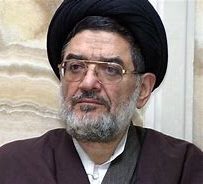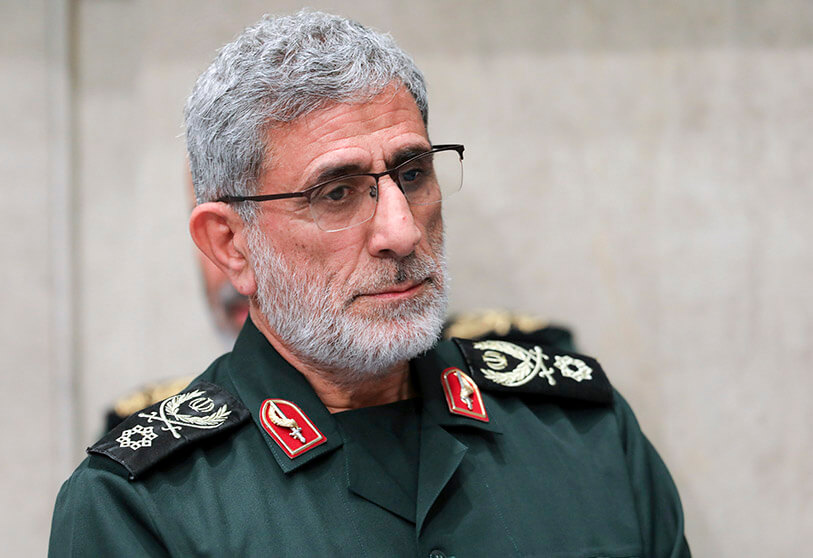June 25, 2021
The outgoing chief of Israel’s Mossad intelligence service has publicly threatened that more Iranian nuclear scientists could be killed if they do not get themselves out of Iran’s nuclear program.
“If the scientist is willing to change career and will not hurt us anymore, then yes, sometimes we offer them” a way out, Yossi Cohen said in a television interview June 10.
He also talked about the two attacks in the last year on the Natanz nuclear complex.
Last July, a mysterious explosion tore apart Natanz’s centrifuge assembly building, which Iran later blamed on Israel. Then in April of this year, another blast tore apart the power generating plant that runs the centrifuges.
Cohen did not directly claim the attacks, but his words offered the closest acknowledgement yet of an Israeli hand in the attacks.
The interview also discussed the November killing of Mohsen Fakhrizadeh, the Iranian scientist who began Tehran’s military nuclear program.
While Cohen on camera does not claim the killing, interviewer Ilan Dayan in the segment described Cohen as having “personally signed off on the entire campaign.” Dayan also described how a remotely operated machinegun fixed to a pickup truck killed Fakhrizadeh and later self-destructed.
Cohen described an Israeli effort to dissuade Iranian scientists from taking part in the program, which had seen some abandon their work after being warned, even indirectly, by Israel. Asked by the interviewer if the scientists understood the implications if they did not stop, Cohen said: “They see their friends,” referring to Fakhrizadeh and four other nuclear scientists killed in previous years.
Cohen also talked about Israel’s operation seizing archival documents from Iran’s military nuclear program. Dayan said 20 agents – none Israelis – seized material from 32 safes at Torquzabad, then scanned and transmitted a large portion of the documents. Cohen confirmed that the Mossad received most of the material before it was physically taken out of Iran.
Cohen defended Prime Minister Binyamin Netanyahu’s decision to go public with the results of the operation, going against a longstanding practice of secrecy involving Mossad activities.
“It was important to us that the world see this, but this thing should also resonate with the Iranian leadership, to tell them, ‘Dear friends: One, you have been infiltrated. Two, we see you … Three, the era of … lies is over,’” Cohen said.
Media in Israel operate under a decades-old policy that requires journalists to clear stories involving security matters through military censors. That Cohen’s remarks cleared the censors suggests Israel wanted to issue a new warning to Iran.
Iran has repeatedly complained about Israel’s attacks, with Iran’s ambassador to the IAEA Kazem Gharibabadi warning as recently as the day of the broadcast that the incidents “not only will be responded to decisively, but also certainly leave no option for Iran but to reconsider its transparency measures and cooperation policy.”






















